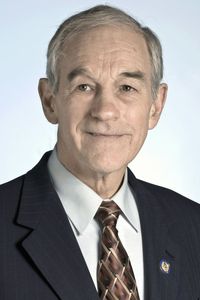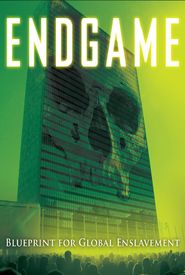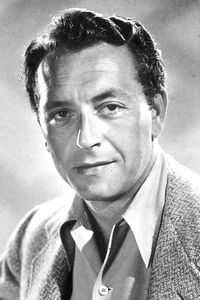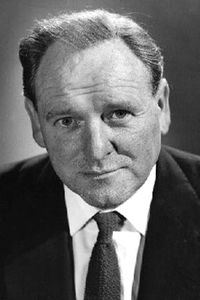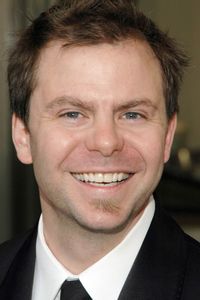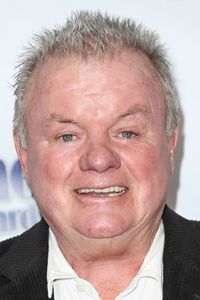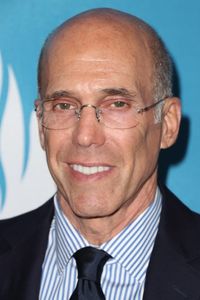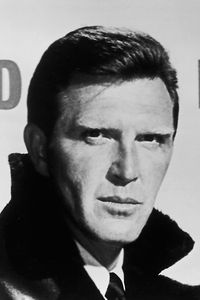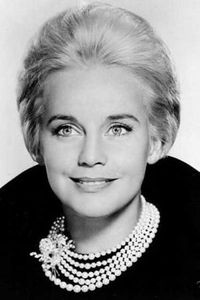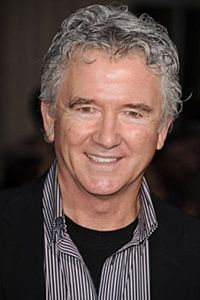Ronald Ernest Paul, a multifaceted individual, was born on August 20, 1935, and has led a life marked by various pursuits.
As a politician, Paul served as the U.S. representative for Texas's 22nd congressional district from 1976 to 1977, and again from 1979 to 1985, as well as for Texas's 14th congressional district from 1997 to 2013. He has also been a presidential candidate, running for the Libertarian Party in 1988, and as a Republican candidate in 2008 and 2012.
As an author, Paul has written extensively on various topics, including economics, politics, and social issues. His work often focuses on limited government and individual liberties.
Paul's activism has been centered around promoting a more limited role for government in society. He has been a vocal critic of the Federal Reserve and the tax code, as well as the military-industrial complex and the war on drugs. He has also spoken out against mass surveillance policies, such as the USA PATRIOT Act and the NSA surveillance programs.
In 1976, Paul founded the Foundation for Rational Economics and Education (FREE),a free-market organization focused on limited government. In 1985, he was named the first chairman of the conservative PAC Citizens for a Sound Economy, another free-market group.
Paul's influence can be seen in the Tea Party movement, a fiscally conservative political movement that emerged in 2007 and gained popularity in 2009. He is often referred to as the "intellectual godfather" of the movement, which advocates for limited government intervention in various aspects of life.
Throughout his career, Paul has been a strong advocate for individual liberties and limited government intervention. His work has had a lasting impact on the political landscape, and his legacy continues to be felt in the world of politics and beyond.
